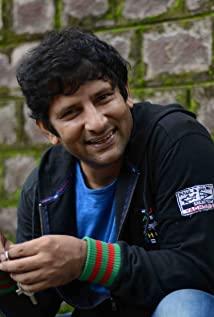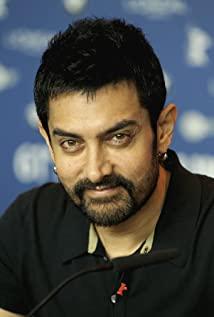The call for women's equal rights and the praise of mother's love in the film are very infectious and have exciting power. But beyond the main line, the film's depiction of the feelings of adolescent boys and girls is both natural and vivid, warm and touching, and the scale is just right. The interaction between Yin Xia and classmate Qin Teng in the film creates a fresh and moving effect. Whether it is a sincere friendship or a youthful love, it is worthy of reference for domestic youth films. Although Yin Xia is the protagonist, the film does not shy away from her character flaws. She is short-tempered, has a weak ability to resist setbacks, loses her temper easily, and transfers her anger to innocent people around her. Although the film affirms Yin Xia's courageous resistance to patriarchy and patriarchy, it also objectively presents her shortcomings, which not only does not weaken the charm of the characters, but makes people feel more real.
Compared with Yin Xia's flaws, Qin Teng is almost an "angel" in the film. He is kind, confident, brave, and very calm about the status quo of his parents' divorce. The director's setting of such a contrast is not a coincidence, but intentionally to confirm the influence of the family on the child: Yin Xia's father's violence more or less casts a shadow on Yin Xia, while Qinteng's mother's gentleness and strength have educated such a warm-hearted son. within reason. In this way, the film's reflection on patriarchy and domestic violence has become much more profound
.
"Secret Superstar" adds elements of "women's awakening and anti-domestic violence", and goes further than "Wrestling Competition" in content. It does not stop at the "success" category of inspirational "hard work can be successful", but further challenges the foundation of traditional Indian society, especially the "awakening of women of all generations". The film also continues Aamir Hussain Khan's consistent focus on social issues such as gender inequality in India. The film is also reflected in many daily scenes, such as: Yin Shiya took the window seat twice when she took the plane twice by an Indian man. In addition, the film also focuses on domestic violence, which is a sensitive topic in any country. Yin Xiya's mother has become accustomed to her husband's domestic violence. Although the domestic violence scene in the film is fake, the atmosphere is real, and the repressed fear of accompanying a father like a tiger is exhaled outside the big screen
.
The film portrays an ordinary story in a fascinating and touching way, which is undoubtedly the ability and level of storytelling behind it. What is even more rare is that, under the shell of inspiration and pursuit of dreams, the film focuses on social topics such as son preference, domestic violence, and women's rights, and is full of good intentions to reflect on social real problems. "Dreaming is everyone's right," the recurring line sounds particularly heavy. In the film, many women don't even have the right to "dream", their birth is regarded as a mistake, they are not valued at home, they have no opportunity to express their opinions, and when they grow up, they want to marry someone they don't know; Her aunt still complains that she should not have been born; the hard-working Najima suffers domestic violence whenever she disagrees, and she has to force a smile when she is physically and mentally exhausted. The film questions the social reality of domestic violence and inequality between men and women, and reflects on the social status and experience of women, showing a strong realistic concern, which is awe-inspiring
.











